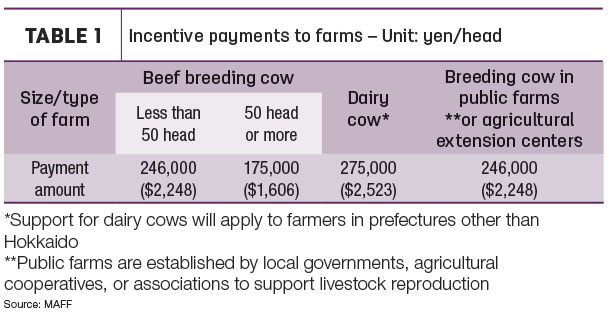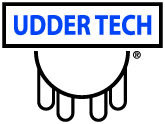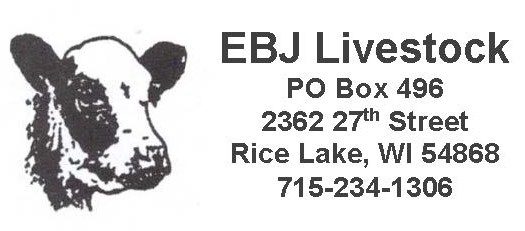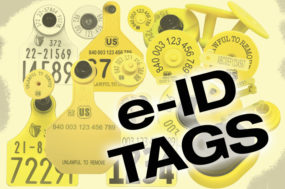The stated objective of these measures is to help offset the impact of Japan’s trade agreements, including the U.S.-Japan trade agreement.
In this budget, MAFF was allocated 24.3 billion yen ($223 million) to increase the number of Wagyu beef cows and dairy cows (excluding Hokkaido) in Japan. According to the USDA’s Foreign Agricultural Service (FAS), Japan’s calf production has slowed dramatically in recent years as aging producers have exited the industry, reducing the total cow population and pushing calf prices to all-time highs.
To offset the impact of recent trade agreements, the government of Japan aims to double Wagyu beef production to 300,000 metric tons by 2035. To reach this goal, MAFF seeks to increase the number of breeding cows from 610,000 head in JFY 2018 to 800,000 head in JFY 2030.
Approximately 10.9 billion ($100 million) of the total will be allocated to the following three programs:
Incentive payments for breeding cow producers
The government will provide incentive payments to farmers, public farms and agricultural extension centers that increase the number of breeding cows. Payments vary according to farm size and purpose (see Table 1). Payments will be distributed by the national government through local agricultural cooperatives. The start date and application process for the program has not yet been announced.

FAS/Tokyo estimates the maximum payment for beef breeding cows accounts for around 45% of the cost of a Wagyu cow (estimated at 551,584 yen or $5,060 in 2018).
Support functions of public farms and agricultural extension centers
MAFF will support public farms, established by local governments, agricultural cooperatives or associations, to produce high-quality beef calves by assisting with the introduction of breeding cows, machinery purchase and field management. There are no additional details on the specific supports provided.
Facilitating increased production of Wagyu embryos
MAFF will provide support to farms harvesting Wagyu embryos and facilities involved in handling of the embryos. MAFF will also support dairy farms seeking to transition into beef cattle production. The exact details of these supports have not yet been announced.
The remaining 13.4 billion yen ($123 million) will be allocated to various programs aimed at improving livestock industry infrastructure and machinery. These programs are expected to take place after the U.S.-Japan trade deal takes effect. ![]()

-
Carrie Veselka
- Editor
- Progressive Cattle
- Email Carrie Veselka







